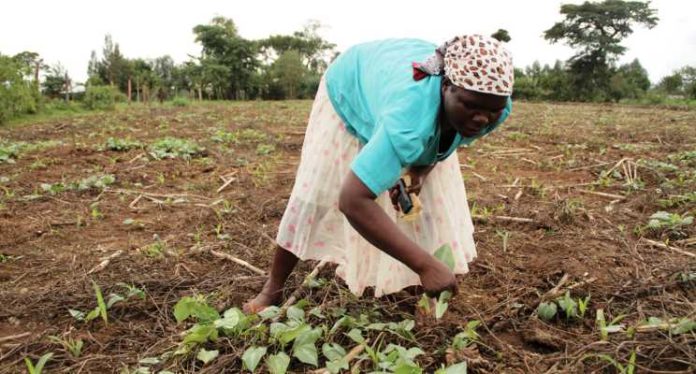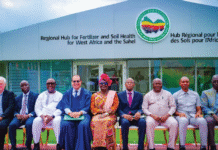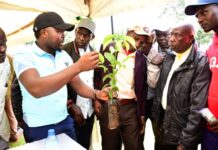Industrial farming—mechanized, heavy use of pesticides and fertilizers, very large farms, commodity exports and imports, government subsidies—has been a boon to the global food supply.
Yet it also comes with high costs, direct and indirect. As climate change intensifies and war disrupts exports and drives up fertilizer prices, those costs are becoming more apparent.
Civil society and other groups in Africa have their own ideas about what needs to be done to avoid some of the costs imposed by “green revolution” industrial farming. They are calling on foundations, transnational corporations, foreign investors and others to stop funding efforts to increase industrial farming on the continent.
According to these groups—
“The Alliance for a Green Revolution in Africa (AGRA) has unequivocally failed in its mission to increase productivity and incomes and reduce food insecurity and has in fact harmed broader efforts to support African farmers.”
The full statement can be read here: https://africanarguments.org/2021/09/open-letter-the-green-revolution-in-africa-has-unequivocally-failed/
World Neighbors, a US-based NGO that helps communities increase agricultural output through sustainable techniques, is a signatory. The organization teaches family farmers to run more productive and profitable agricultural, livestock and fish farming projects in Kenya, Uganda, Nigeria, Tanzania, Burkina Faso and Mali. Since organic inputs are central to these efforts, these family farmers have been insulated from the recent run up in fertilizer prices. They’ve maintained both output and profit margins. This resilience to all manner of external shocks is critical to food security and economic development.










[…] Credit: Source link […]
Comments are closed.